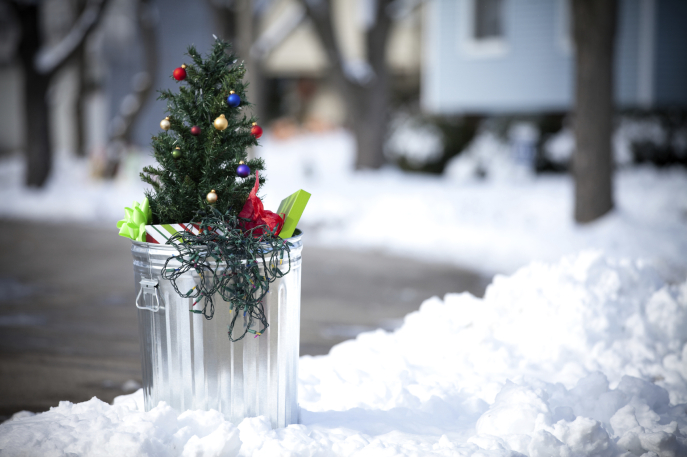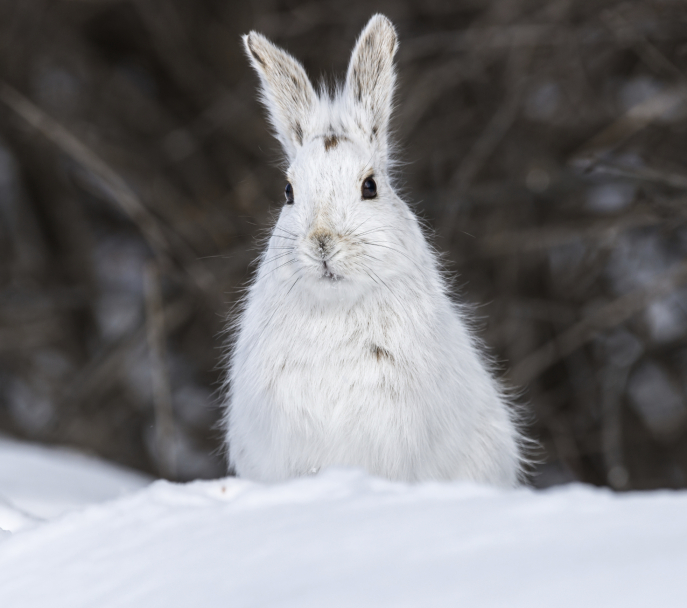“Why is it that scuba divers and surfers are some of the strongest advocates of ocean conservation? Because they’ve spent time in and around the ocean, and they’ve personally seen the beauty, the fragility, and even the degradation of our planet’s blue heart.” –Sylvia Earle, American Marine Biologist
As spring turns to summer, many of us will travel to our island homes, or vacation destinations on the ocean, in diverse locations all over the world. The brilliant blue sea and its whispering waves speaks to something elemental in all of us, whether it is our playground for boating, fishing, scuba diving and surfing, or if we simply don a sunhat and relax under an umbrella with a tropical drink and a book.
Although our oceans are our world’s largest natural resource, the human impact has been undeniable. From overfishing to manmade pollution, from coastal development to chemical runoff, scientists have identified many areas of decline. We must all be stewards of the water, just as we are of the land, to protect.our wild and healthy oceans. Here are some current concerns about ocean health, along with ideas about what we can do to help.
1. Problem: A massive volume of plastic garbage now litters every ocean on the planet, according to the Natural Resource Defense Council (NRDC):. Hundreds of species of marine life, including seabirds, whales, and sea turtles ingest or get entangled in plastic, as well as netting, fishing lines, and other debris. Fishing trawlers with huge drift nets can trap species other than the target fish, and lose the nets or cut them lose (ghost nets) where they spell death for any marine animals caught in them and unable to free themselves.
Solution: Public support for waste management measures, creating incentives for industry to use less plastic packaging, reduce single-use plastics, and encourage more recycling. On trips to the beach, carry out what you carry in. Retrieve all fishing line, lures, and gear. Because it will never biodegrade, nylon lines and nets will continue catching and killing turtles, dolphins, manatees, pelicans, and even human divers and swimmers forever. The European Union bans drift nets, as do the waters from Monterey, California to the Oregon Coast for part of the year, along with some other locations.
2. Problem: The ocean is downstream of everything: Chemical runoff from land, including pesticides and fertilizers from farms, lawns, streets. and construction sites is a major cause of ocean pollution. Silt, nitrogen, and phosphorous can create “dead zones” in the sea where nothing can live, robbing waters of light and oxygen.
Solution: Use fewer chemicals and fertilizers. If you live on the water, plant a buffer zone of trees, shrubs, and grasses to filter runoff and provide shelter for shorebirds and other mammals. Decrease your water use at home, so you can decrease the amount of water that must be treated with chemicals before entering the ocean. Sweep your walks and driveway rather than hosing them off, as water transports chemicals to the nearest storm drain or waterway.
3. Problem: Noise pollution threatens marine life: Loud noises created by sonar testing by the Navy have been linked to deaths of dolphins due to massive internal hemorrhaging. Noises from boats can interfere with whales trying to hunt for food or communicate with each other, blocking their hauntingly beautiful songs. A particular problem is the noise created by large tankers cruising the oceans, and underwater exploration for oil. To the fish and other marine life, it can sound like the loudest day in New York City with sirens, horns, and traffic.
Solution: Now that we’ve recognized the problem, we must take all necessary steps to mitigate the noise we create. Marine mammal protection laws must be enacted in coastal nations around the world. Major shipping routes should be moved away from important marine mammal habitats. Ships can be designed so that the engine is isolated from the hull in order to reduce noise. Regular ship maintenance can reduce noise considerably.
4. Problem: Additional issues impacting our oceans include oil spills, habitat destruction, and human sewage spilling into waterways. Marine scientists measure yearly changes in marine animal populations related to all of the problems outlined here, plus others.
Solution: Technology has given us the ability to monitor even small changes, and share information rapidly. Reading information from a variety of experts is important, as nature is highly complex and issues change with new developments. There are a number of wonderful organizations doing very important work to heal our oceans and protect them for the next generations.
A Connecticut-based organization that’s doing a wonderful job is SoundWaters. It was founded in 1989 to protect Long Island Sound, a delicate estuary within 50 miles of 25 million people. Humans–and their activities which pose a threat to the health of the Sound–prompted Len Miller to found an organization to educate people both about the Sound’s wonders and the dangers it faces.
SoundWaters began with a schooner that is a teaching vessel, a floating classroom where students –both children and adults–learn from a hands-on curriculum. Lectures and workshops are presented by ecologists, musicians, artists, and historians, in addition to land-based programs, a summer camp, community gardens and nature programs for older adults.
“Try to consider having a healthy, viable community with unhealthy air and polluted waters. We cannot, and the connection of a healthy environment to a healthy community, and, in fact, to healthy people, will be one of the many premises we will try to teach at the SoundWaters Community Center,” said Mr. Miller, when the center opened. Today, their schooner, SoundWaters, conducts 250 experiential sails each season for school and community groups throughout the region.
You can donate to SoundWaters here, or find out how to take an afternoon schooner cruise with your family and friends.
Here are some other organizations working to protect our oceans that you might consider supporting:
Natural Resource Defense Council: The NRDC works to safeguard the air, the water, and the wild, and the natural systems on which all life depends.
National Geographic Society’s Pristine Seas Project: The Pristine Seas Project’s goal is to convince governments to protect more than 2 million square kilometers of ocean, and has financed ten scientific expeditions to remote areas of ocean around the world.
Oceanic Society: The Oceanic Society works to improve ocean health by addressing the root cause of its decline: human behavior.
See Turtles: A project of the Oceanic Society, See Turtles protects sea turtles through education, travel, conservation efforts, and Billion Baby Turtles, working to get turtle hatchlings safely to the sea.
Ocean Conservancy: Science-based solutions to tackle the biggest threats to our oceans.
With all of our concerns about the health of the ocean, it’s good to remember that there are so many people doing so much good work to protect our beautiful blue waters. One of the best ways to encourage conservation is to gently love our waterways with your family and friends, so boat, swim, fish, or dive to heart’s content, and have a wonderful summer!







